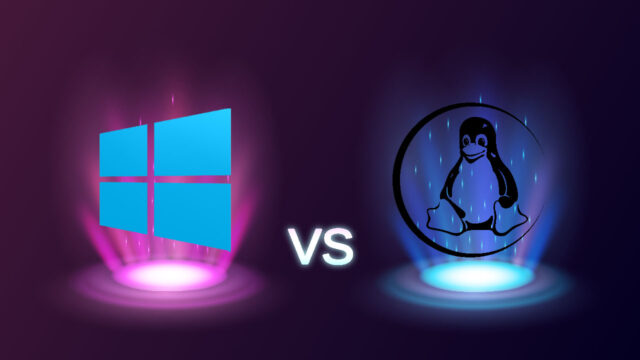Linux planned to help embedded devices by offering LTS support for six years (long-term support). But things didn’t go as planned. He stated that 6 years of support involves a lot of workload. Unfortunately it’s back to square one now. Just like before 2017, it will continue on its way with 2 years of support.
It will offer 2 years of LTS support for Linux kernels instead of 6 years!
In 2017, it increased Linux LTS support from 2 years to 6 years in order to provide more support. Unfortunately, things didn’t go as he hoped. At the European Open Source summit this week, Linux Weekly News managing editor Jonathan Corbet announced that they would be reverting to 2-year support.
This decision of Linux is not sudden. He came to this decision as a result of a long-planned study. This decision of Linux will include new kernels. Other cores will continue to implement the current lifecycle schedule. Therefore, it still offers 6 years of support for 6.1, 5.15, 5.10, 5.4, 4.19 and 4.14.
In fact, even while offering 6 years of support, he stated that this was optional. Indeed on the release page: “Each new long-term core typically starts with a projected EOL of only 2 years. It may be extended further if there is sufficient interest. “It will help support the industry for a longer period of time.”
Corbet explained the reasons why Linux reduced LTS support for its kernels to 2 years. Corbet: “There is no point in preserving old beans for so long. Because people don’t use them.” said. The best feature of this operating system is that it is free and open source. There are billion-dollar companies that benefit from this. The maintainers of Linux, which provides services to a wide range of users, were not very happy with the 6-year LTS support.
The two-year support package is ideal for computers. So how will this situation affect Android? In 2017, the idea of increasing this support emerged for devices that benefit from Android and internet of things technology. Apparently, this situation will not be very encouraging for Android. However, the Android kernel documentation contains a Linux compatibility matrix for each version of Android. Android 14 supports new devices with Linux 5.4, a 4-year-old kernel.

